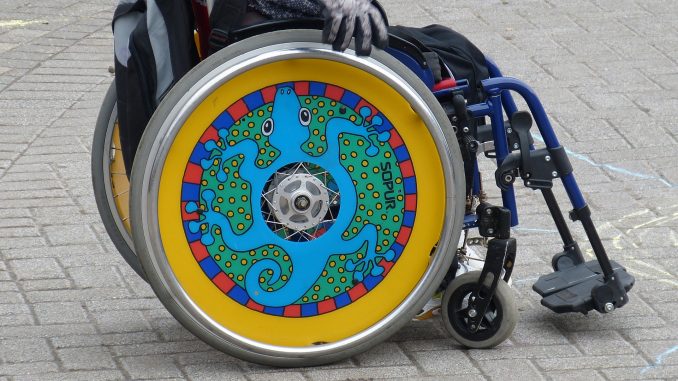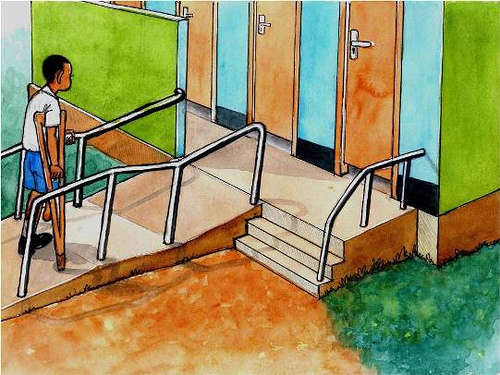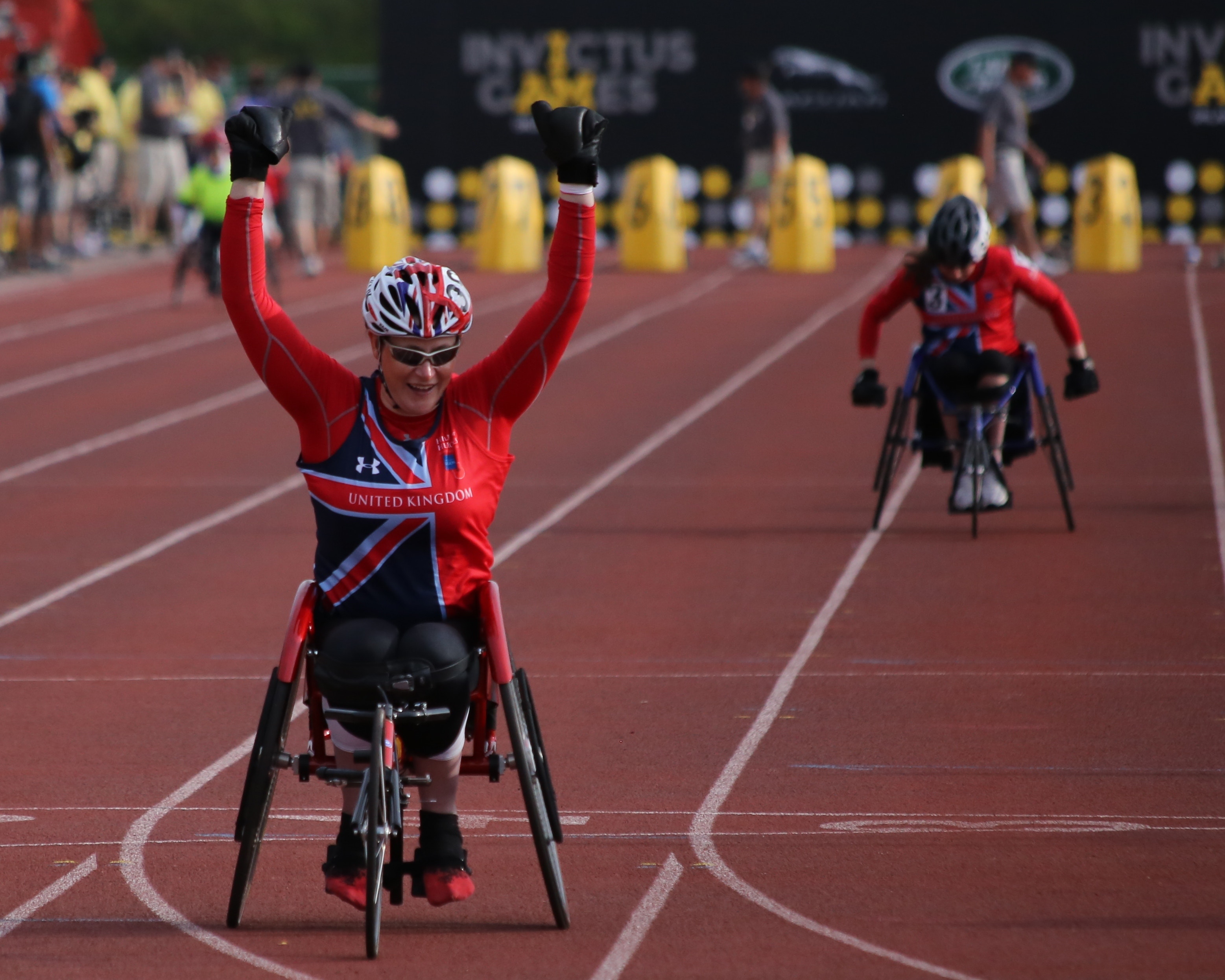

Image Source: Pixabay
Having a child is an exciting time, but it’s also a bit scary. Are you ready? Can you be ready? What will your child be like? You might dream of them becoming a sports star, a scientist, a business mogul, or a great philanthropist.
When you find that your child has a disability, however, things change. You start to wonder if they’ll be able to live a healthy life. Will they always be dependent on you? Will they ever find someone to love and marry?
The anxiety can go up as your confidence in your parenting skills plummet. Fortunately, there are a lot of resources for families with children with disabilities. Here are some things you can do to prepare both you and your child for success.
Understand the Disability
Your child’s initial diagnosis may come a few years into life or while they’re still in the womb. Regardless, it’s important to learn as much as you can about the condition. One thing that’s important to realize is that almost every disability has a scale of severity. Your child may be severely affected or nearly unaffected.
Many times you won’t know the actual severity of your child’s disability until they’ve grown and developed for several years, so be as optimistic as you can. Remember that your child will take their cues from you, including their own expectations of their abilities. The more normal you treat them, the more normal they will feel.
It’s easy when you do research online to find worst-case-scenario information, so don’t let those possibilities consume you. One helpful way to learn about many disabilities is to connect with other parents raising kids with those needs. When you do, you’ll discover a wide spectrum of creative, fun-loving, happy people — who happen to be coping with a disability!
Learn to Be Different
Every individual is unique in some ways, but our society rewards those who fit in more than those who stand out. Your child will be different than their peers without disabilities, and you yourself will feel a gulf between you and other parents of non-disabled kids.
Other adults may behave rudely, and their kids may follow suit. How you respond, both internally and externally, will do a lot for your mental health. Sometimes it’s best to say something and educate the other person, while at other times you can just walk away. Regardless, never internalize judgment or shame.
There’s a lot to be said for mainstreaming children with disabilities as much as is possible. Still, it’s also important to prepare them for being seen differently by other students in school or people in society. Kids with disabilities need empathy and space to talk about their experiences. Many times it’s helpful to combine mainstreaming with extracurricular programs specifically for kids with disabilities. Your child can learn what it’s like to fit in, and you can connect with other parents in similar situations.
If you belong to a minority population, you might find the alienation you feel to be especially acute. This is where having a medical team that’s diverse and representative can make a big difference. Seeing a doctor or other professional that belongs to the same minority group can help you feel less alone.
Access Resources That Can Help
There are a lot of resources available to families dealing with disabilities, whether you’re facing Down Syndrome, cerebral palsy, autism, or another challenge. If you’re facing a rare disorder, look into the National Organization for Rare Disorders to connect with research, other families, and helpful programs.
If your child is disabled before the age of 18, they may qualify for social security disability income (SSDI), which can help during their childhood and follow them into adulthood as well. Make sure you understand the federal definition of disability and decide if you need legal help to pursue your child’s benefits.
You may decide to purchase supplemental health insurance to help cover costs incurred during medical care. Before you buy, review the policy carefully to understand what’s covered and what isn’t.
Finally, think about what accommodations you can make to your home to make it more disability-friendly. Someone who walks on crutches may only need help with stairs, while someone with a wheelchair might require more significant home modification. Fortunately, you can make these changes thoughtfully without breaking the bank!
Planning For the Long Term
You might feel that your long-term dreams for your child have been torn away when you discover they have a disability. The truth is, we never know the future no matter how our kids are born. All we can do is encourage their independence, decision-making, and abilities, whatever they are.
Like all young people, those with disabilities need training in life skills such as cooking, cleaning, and financial literacy. These lessons may need to be adapted for their specific abilities, but they help prepare your child for a future of independence and contribution as an adult.
It’s possible your child will live with you or in a group home as an adult, or they may live independently, marry, and work full-time. You can’t know the future now, but you can prepare both yourself and your child for the best possible life.
Expect the best. Stay educated on the latest treatments and connect with the resources you need, especially other parents in your situation. Your journey may be rough, but you are strong – you’ll do great!




